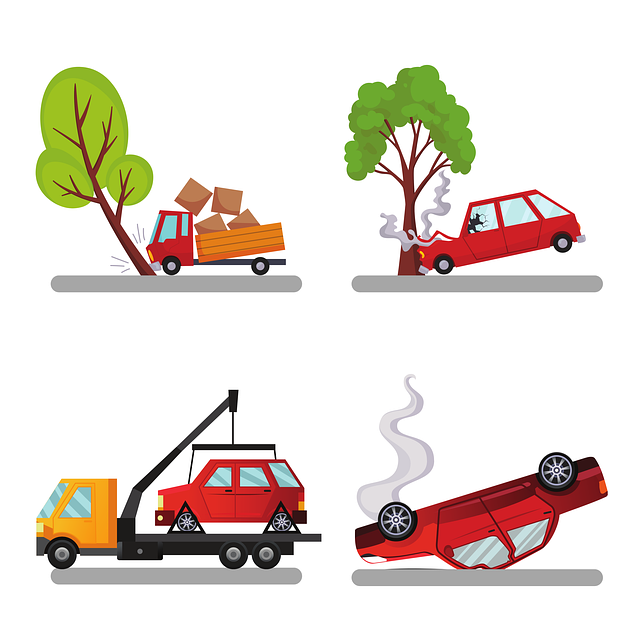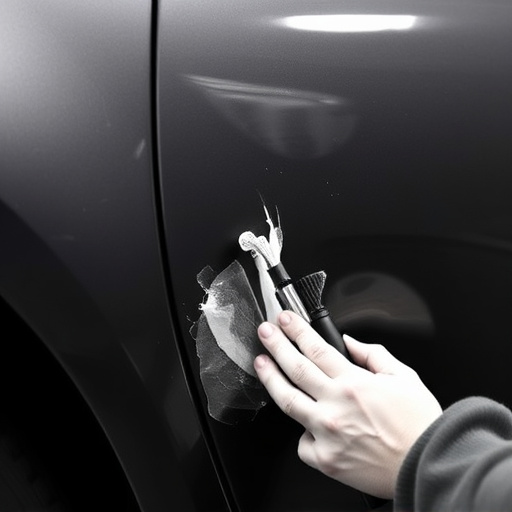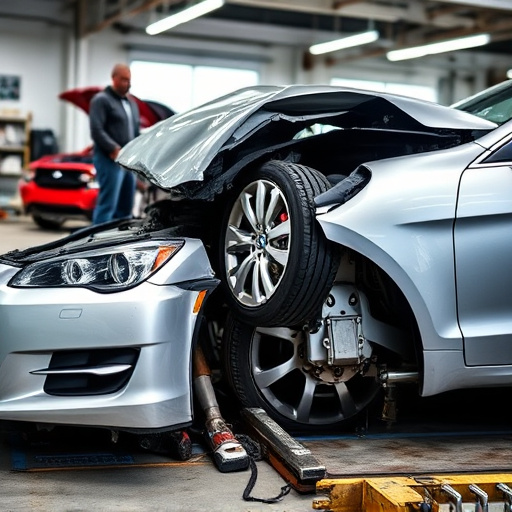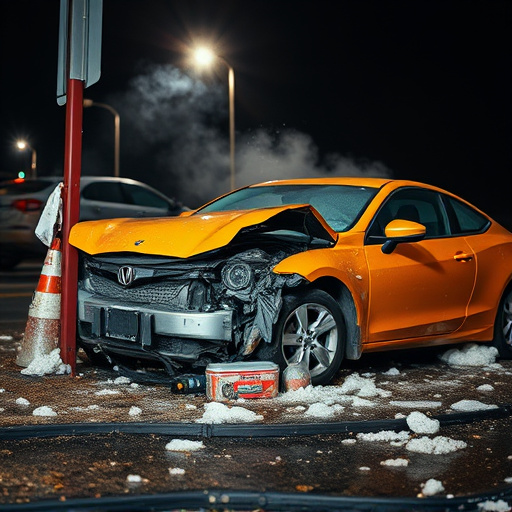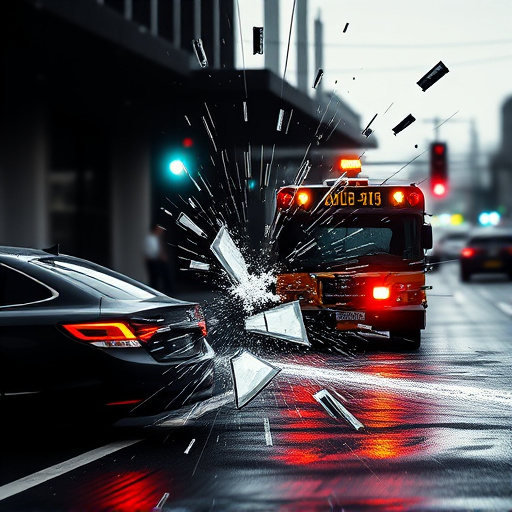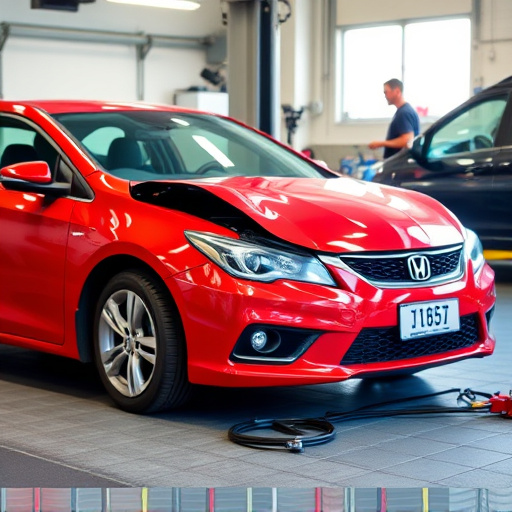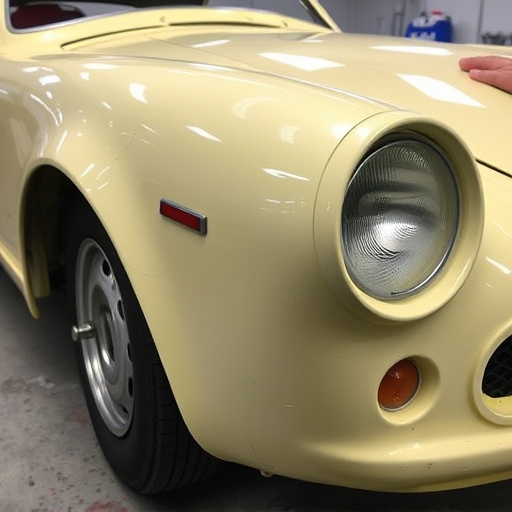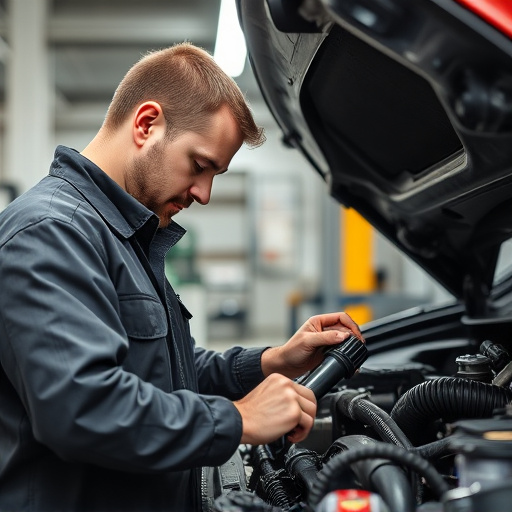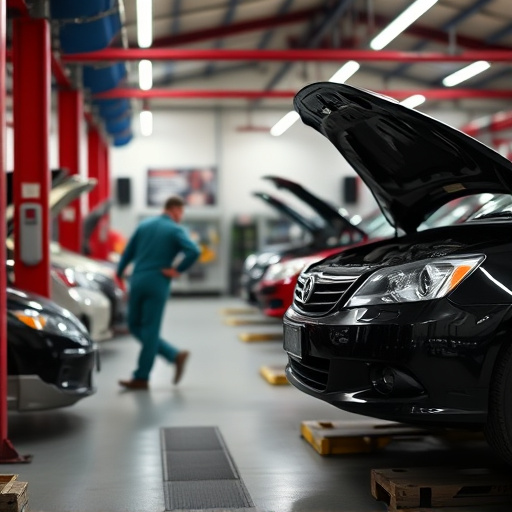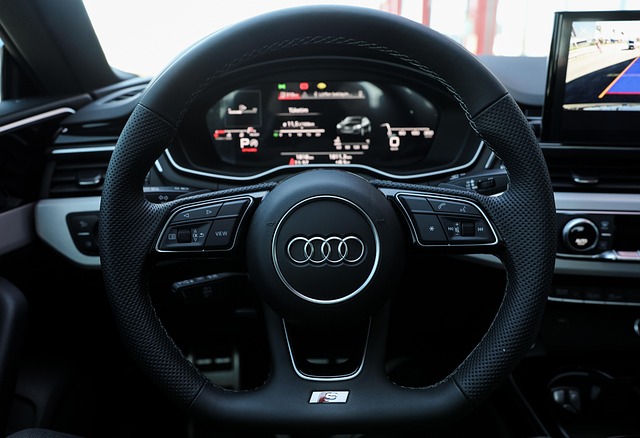A highway collision center starts with thorough damage assessments, including safety feature evaluations and structural integrity checks. Repairs focus on panel work, paint jobs, and engine diagnostics using advanced tools for accurate troubleshooting. The goal is to restore vehicles to pre-accident condition, ensuring safety, performance, and enhanced resale value through top-notch dent repair and mechanical solutions.
At a typical highway collision center, numerous vehicles pass through daily, each with unique damage stories. This article delves into the common repairs these centers handle, offering insights into three key areas: assessing damages from cracks to structural integrity, common body shop repairs like panel work and paint jobs, and diagnosing engine and mechanical failures. Understanding these processes is essential for anyone navigating the aftermath of a highway collision.
- Assessing Damages: From Cracks to Structural Integrity
- Common Body Shop Repairs: Panel Work and Paint Jobs
- Engine and Mechanical Failures: Diagnosing the Root Cause
Assessing Damages: From Cracks to Structural Integrity
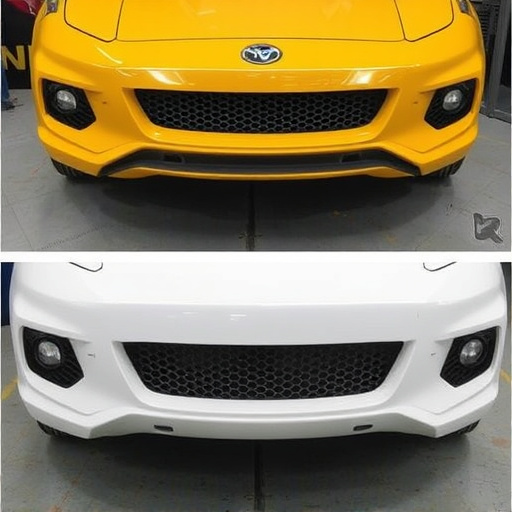
When a vehicle arrives at a highway collision center after an accident, the first step is always a thorough assessment of the damages. This involves examining the car from top to bottom, looking for anything from tiny cracks in the windshield to more significant structural issues. Modern vehicles are equipped with sophisticated safety features, which can help identify potential problems, but experienced technicians at these centers use their expertise to dig deeper and ensure nothing is missed.
One of the critical aspects of this process is evaluating the car’s structural integrity. This includes checking for frame damage, misalignments, and any signs of major component failure. For example, a Mercedes-Benz collision repair center will have specialized equipment to accurately measure body panel gaps and ensure that each part is aligned correctly after repairs, ensuring both safety and aesthetics. Moreover, car paint services are often an integral part of this process, as they not only restore the vehicle’s exterior but also contribute to its overall structural soundness and resale value, especially in cases where fleet repair services might be required for multiple vehicles.
Common Body Shop Repairs: Panel Work and Paint Jobs
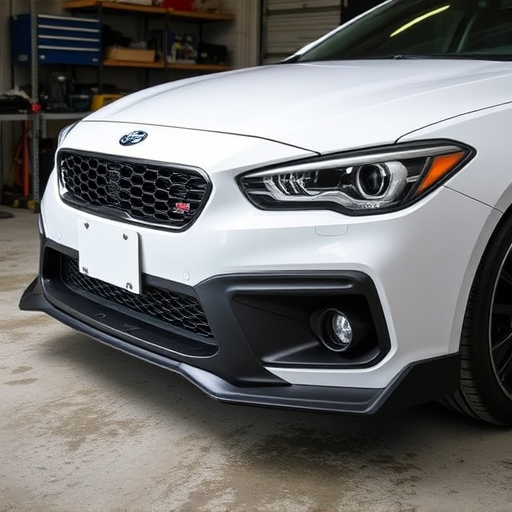
At a highway collision center, common body shop repairs often involve panel work and paint jobs. These essential vehicle repair services are crucial for restoring cars to their pre-accident condition. Skilled technicians meticulously assess and fix dented or damaged panels, ensuring precise alignment and seamless fit. The paint job is equally vital; it not only provides aesthetic appeal but also protects the car’s surface from future damage and corrosion.
In the event of a collision, panel work may include replacing fenders, doors, hoods, or trunks. Technicians use specialized tools to remove damaged panels, install new ones, and then carefully blend the repairs with the existing body for a seamless finish. After panel replacement, a meticulous paint job ensures that the car’s color matches perfectly across all surfaces, preserving its original look and enhancing its overall value.
Engine and Mechanical Failures: Diagnosing the Root Cause
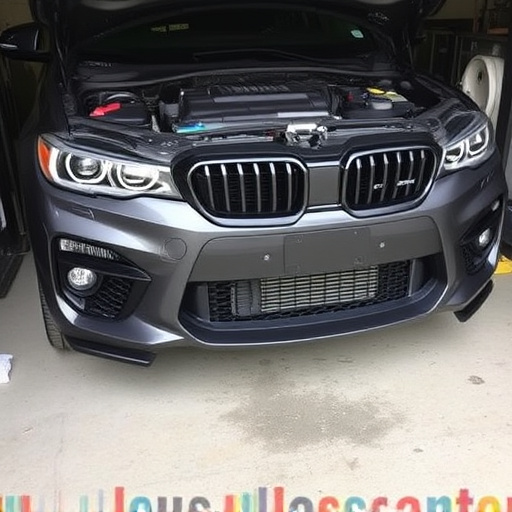
At a highway collision center, engine and mechanical failures are common issues that require meticulous diagnosis to address effectively. Skilled technicians employ advanced diagnostic tools to pinpoint the root cause of such problems, ensuring precise repairs. This process involves thorough inspections, computer-aided scans, and manual testing to identify faulty components or systems within the vehicle’s engine bay.
Understanding the underlying causes is crucial for long-lasting solutions. Whether it’s a classic car restoration or contemporary automotive restoration, proper diagnosis prevents recurring issues. By tackling these failures head-on, collision centers not only restore vehicles to their pre-accident condition but also enhance safety and performance, catering to diverse customer needs, including those seeking top-notch vehicle dent repair.
A highway collision center is a multifaceted facility that addresses various issues, from cosmetic repairs like panel work and paint jobs, to structural integrity assessments and complex mechanical failures. By employing skilled technicians and utilizing advanced diagnostic tools, these centers ensure vehicles return to the road safely and reliably. Whether it’s cracks in windshields or engine malfunctions, a well-equipped collision center is vital for restoring vehicles to their pre-accident condition, catering to the diverse needs of drivers after a highway mishap.
